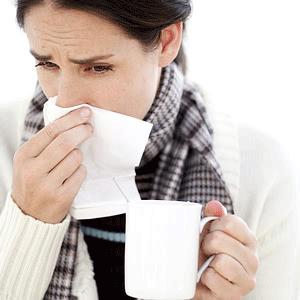What are mosquito bites? Why do they itch? How can you get rid of them? These are common questions for a common issue. Most everyone has suffered from mosquito bites in their lives.
Mosquito bites are generally harmless. They appear as pale, itchy bumps on the skin. They become pink or red once scratched, and may only begin to itch two days after the bite. They can result in an allergic reaction, which can cause hives, swelling of the throat and wheezing. In rarer cases, mosquitos can transmit dangerous diseases, which must be treated immediately. If fever, severe headaches, confusion, one-sided weakness of the body, nausea or vomiting occur as a result of mosquito bites, consult a doctor.
These bites are caused by female mosquitos. They itch because while sucking your blood, the mosquito deposits saliva into your system. The saliva contains proteins that often trigger your immune system, resulting in the bump and itchiness.
Scratching the skin can cause infections, and will increase the irritating feeling. Instead, try rinsing the areas with warm water and soap, and applying a hydro-cortisone or antihistamine cream or calamine lotion. Oral antihistamines are also effective at eliminating mosquito bite symptoms.

 The more hectic your schedule the easier it is to indulge in getting a quick bite without thinking about how healthy it is. Ironically, the busier your schedule the more important it is to eat healthy snacks to keep your energy level up and keep your body running like the fine-tuned machine that it can be. This is especially true if you are young and growing fast. You need the best nutrients available. The best to way to get them is by eating a lot of small meals throughout the day. Make them healthy snacks. Here’s how.
The more hectic your schedule the easier it is to indulge in getting a quick bite without thinking about how healthy it is. Ironically, the busier your schedule the more important it is to eat healthy snacks to keep your energy level up and keep your body running like the fine-tuned machine that it can be. This is especially true if you are young and growing fast. You need the best nutrients available. The best to way to get them is by eating a lot of small meals throughout the day. Make them healthy snacks. Here’s how. Staying healthy during the winter can be tough. The cold, wet days encourage the growth of disease-causing bacteria and viruses, which are then spread easily while people remain cooped up inside, without much fresh air. The early sunsets and rainy days can also cause winter depression, which is common in people who lack vitamin D, a substance which our bodies produce with the help of sunlight. Here are a few tips to stay healthy this season:
Staying healthy during the winter can be tough. The cold, wet days encourage the growth of disease-causing bacteria and viruses, which are then spread easily while people remain cooped up inside, without much fresh air. The early sunsets and rainy days can also cause winter depression, which is common in people who lack vitamin D, a substance which our bodies produce with the help of sunlight. Here are a few tips to stay healthy this season: